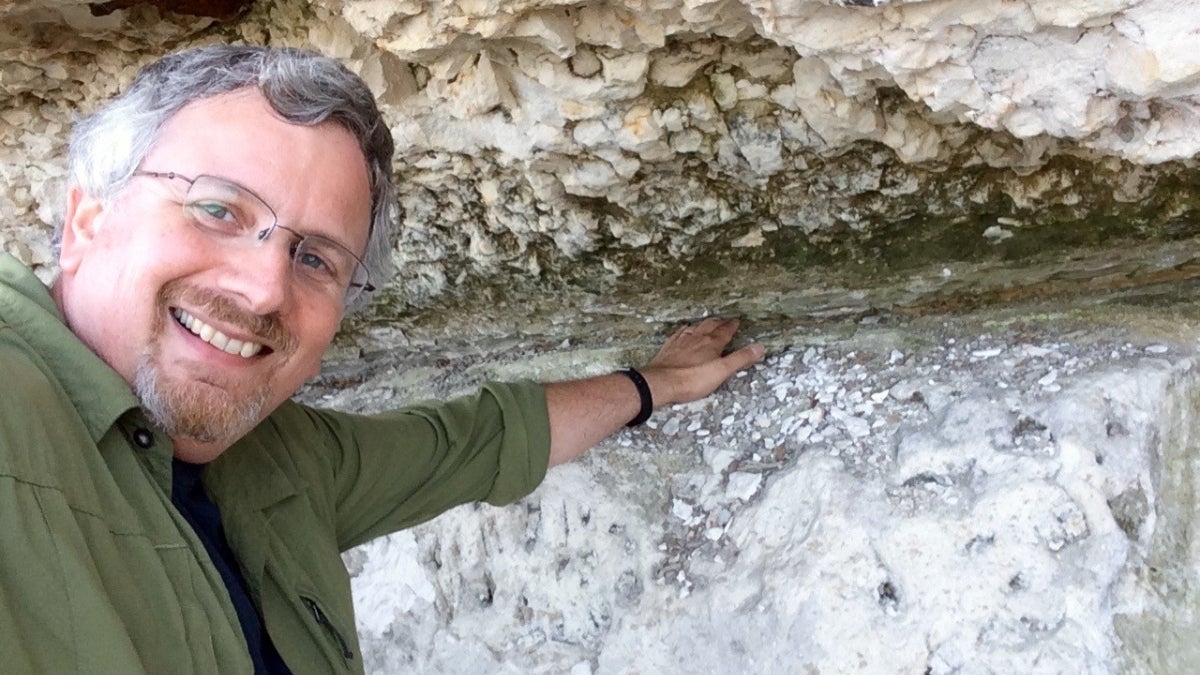Life on Earth and beyond to be focus of upcoming New Discoveries Lecture at ASU

Ariel Anbar
The search for life beyond Earth is one of the major drivers of space exploration. From the sands of Mars and the oceans of Europa to the Earth-like planets orbiting other stars, one of the most profound questions we can ask is: “Are we alone?”
Ariel Anbar, President’s Professor in ASU’s School of Earth and Space Exploration and the School of Molecular Sciences, will explore the search for life — and the implications for us here at home — in his talk “Life on Earth and beyond: Present, past, and future” at 7:30 p.m. on Thursday, April 21, on ASU’s Tempe campus.
Ariel Anbar is a scientist and educator interested in Earth’s past and future evolution as an inhabited world, and the prospects for life beyond. His research group’s major focus is the chemical evolution of the atmosphere and oceans, as revealed by the development of novel geochemical methods. Trained as a geologist and a chemist, Anbar is also a Distinguished Sustainability Scholar in ASU’s Julie Ann Wrigley Global Institute of Sustainability.
The School of Earth and Space Exploration’s New Discoveries Lecture Series brings exciting scientific work to the general public in a series of informative evening lectures, free and open to the public, each given by a member of the SESE faculty once a month throughout the spring.
Lectures are at the Marston Exploration Theater, located on the first floor of ASU's Interdisciplinary Science and Technology Building 4 (ISTB4) (map) on the Tempe Campus; RSVP to reserve a seat. Parking is available at the Rural Road parking structure just east of ISTB 4.
More Science and technology

ASU and Deca Technologies selected to lead $100M SHIELD USA project to strengthen U.S. semiconductor packaging capabilities
The National Institute of Standards and Technology — part of the U.S. Department of Commerce — announced today that it plans to…

From food crops to cancer clinics: Lessons in extermination resistance
Just as crop-devouring insects evolve to resist pesticides, cancer cells can increase their lethality by developing resistance to…

ASU professor wins NIH Director’s New Innovator Award for research linking gene function to brain structure
Life experiences alter us in many ways, including how we act and our mental and physical health. What we go through can even…